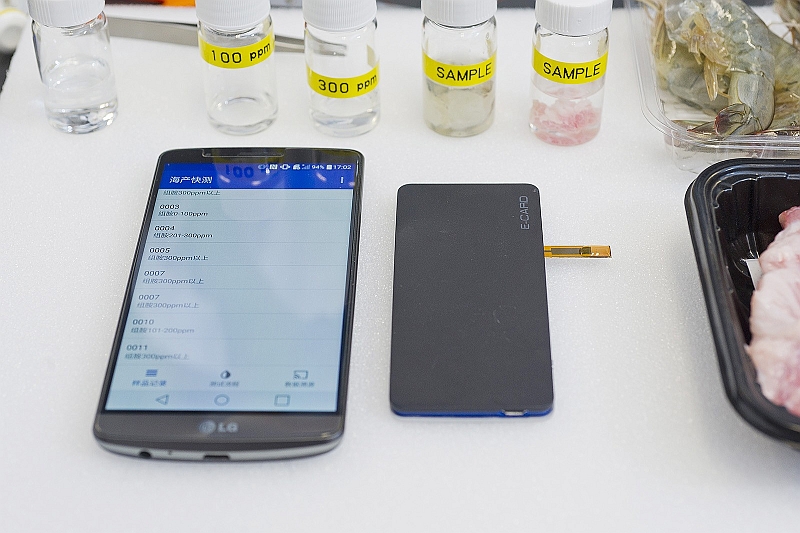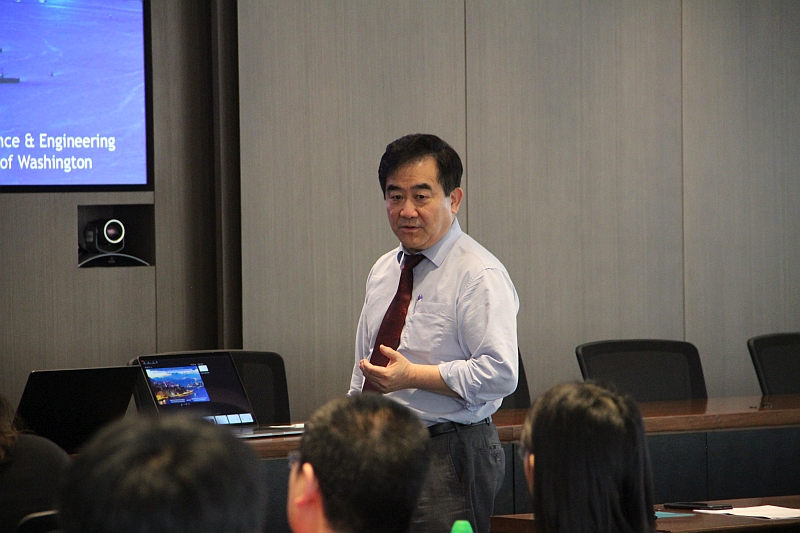Research Stories
Filter by category
Filter by year
Filter by year
- Alloys
- Analytical Chemistry
- Anti-Cancer
- Chemical Biology
- Chemistry
- Clean Energy
- Energy
- Environmental Science or Biology
- Food Safety
- Materials
- Materials Chemistry
- Materials Science
- Mathematics
- Nanomaterials
- Photosynthesis
- Physics
- Rankings
- Renewable Energy
- RNA
- Solar Cell
- Spectroscopy and Imaging
- Sustainability

Most of the current clinical anti-tumor drugs used in chemotherapy move around in the patient's blood after intake and are unable to pinpoint the targeted tumor. As a result, while killing the tumor cells, the healthy cells may also be killed as “collateral damage", leading to undesired side effects. Aiming to overcome this problem, Dr Guangyu Zhu, Associate Professor of Department of Chemistry, City University of Hong Kong (CityU) and his research team have recently developed phorbiplatin, an anti-cancer prodrug that can be controllably activated by red light. With its unique “on-site” activation characteristic, it will effectively kill cancer cells and minimize damage to normal tissues.

A new system for testing food safety developed by an interdisciplinary research team at City University of Hong Kong (CityU) can rapidly detect contaminants in food in ten minutes with concentrations of less than 0.2ppm (parts per million).

The 14th International Conference on Nanostructured Materials (NANO 2018) was successfully held from 24 to 29 June at City University of Hong Kong (CityU), with about 600 international scholars and researchers famous in nanotechnology fields, coming from 35 countries/regions and 300 different research organisations.